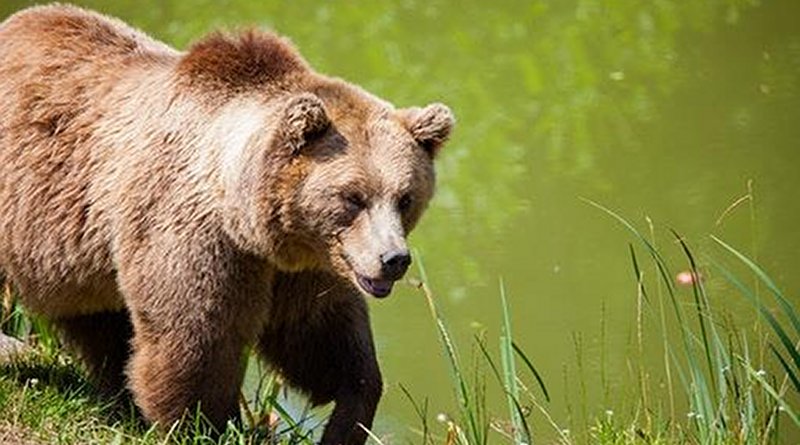Spain And France Step Up Coordinated Action To Conserve Biodiversity Of Pyrenees
Spain and France will continue working together to help conserve the biodiversity of the Pyrenees, following the coordination meeting held at the headquarters of the Ministry for the Ecological Transition (Spanish acronym: MITECO) last week.
This technical meeting was attended by the Ministers for the Environment of France and Spain, as well as the Regional Councillors for the Environment in those regions with a presence in the Pyrenees (Navarre, Aragon and Catalonia), and representatives of the Independent National Parks Authority. Among other issues, progress was made towards drafting a joint declaration to improve communications on managing the issue of the brown bear in the Pyrenees.
Collaboration between the different public authorities of the two countries has been fluid for some time now. Evidence of that lies in the management of endangered species, such as the bearded vulture and the Bonelli’s eagle, and in the successful reintroduction of species that had become extinct in France, such as the black vulture, thanks to loans of this bird of prey by Spain. In fact, and specifically in relation to the Pyrenees, the three Pyrenees States – France, Andorra and Spain – signed a declaration of intent in 2014 to reintroduce endangered and extinct species back into the Pyrenees.
As a result of this declaration, such extinct species as the mountain goat are being recovered in the French Pyrenees, and grouse in the Aran Valley, where the first birds were released back in October as part of a joint project between Spain, France and Andorra.
At the meeting, the progress of both projects was reviewed, while progress was also made on the measures contained in the memorandum of understanding on the sturgeon, a species also declared extinct in Spain regarding which work has already begun for its reintroduction in the mouth of the River Ebro, using fish from France.
Management of brown bear
The meeting was also used to address the management of the brown bear in the Pyrenees, an important matter for Spain, above all after one of the Slovenian females reintroduced by France in the mountains led to some attacks in Navarre.
The representatives of the different public authorities undertook to increase technical coordination and, in particular, the flow of information to consolidate the presence of the brown bear on the different slopes of the Pyrenees, particular on the western side, where the population, reduced to two males – has been strengthened by the introduction of these two females.
They also agreed to step up measures to prevent and dissuade these bears from attacking herds grazing in the valleys of the Pyrenees, in line with the work being undertaken in the Cantabrian Range, inhabited at present by a population of some 300 brown bears. To this end, a commitment was made to speed up the exchange of information when monitoring these bears roaming on the Spanish and French slopes of the Pyrenees, and to foster collaboration and share experiences on managing this species.
Furthermore, representatives of the French Government were invited to take part in the working group on this species – a point of contact between MITECO and the regional governments with brown bears in their region – to monitor the reintroduction project and to develop measures to guarantee coexistence with livestock farming in the region as part of the necessary collaboration between Spain and France.
Greater collaboration
Among other points on the agenda, they also addressed improved cooperation between national and natural parks on the two sides of the Pyrenees.
They also identified joint actions that France and Spain may develop to present to the World Congress of the International Union for Conservation of Nature (IUCN), which will be held in Marseille in 2020. It is hoped that this meeting will significantly contribute to the process of setting the goals of the Biological Diversity Summit (COP 15), to be held in China in October 2020.
In this regard, the French and Spanish authorities agree that both countries are prepared to take on ambitious commitments at the COP 15 to halt the loss of biodiversity by 2030 and to ensure that the goals presented by the EU as a whole are also taken on.

